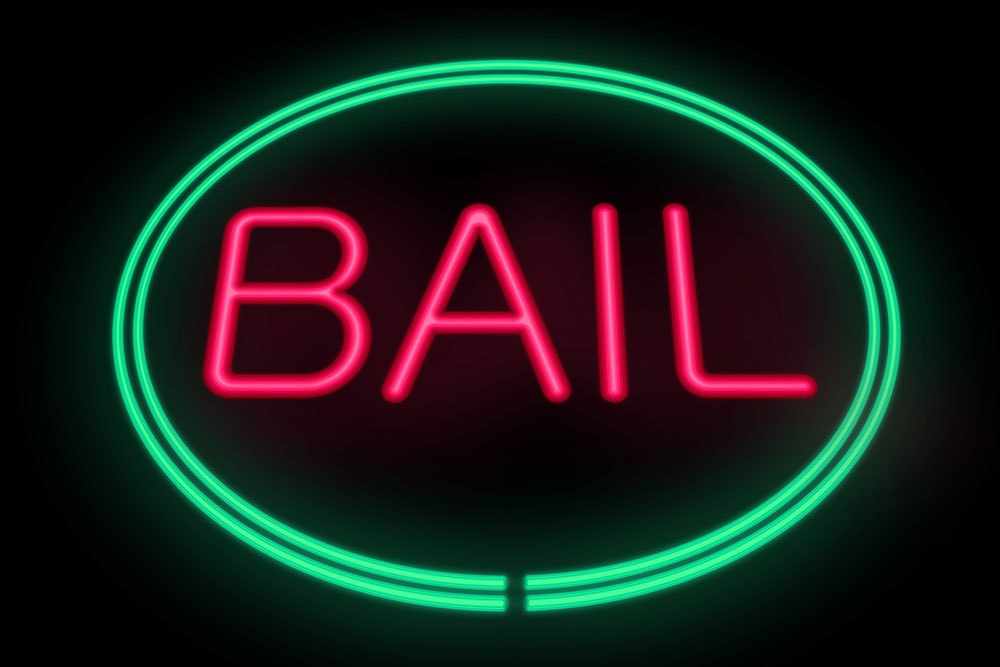When people encounter problems, they often turn to their family members for help in regards to bail bonds.
If you have been arrested and you have sought the help of your relatives to facilitate your release by securing a bail bond, it is crucial to talk to them not only about the pertinent details regarding your arrest, but also about your bail bond.
When a family member helps secure your bail bond, he or she has to pay about 10 percent of the money upfront. This money will not be returned whether you appear in court or not. If you fail to appear in court, the bondsman will lose the bail money that was paid in your behalf by your relative.
In this case, bondsmen will sometimes enlist bounty hunters who will track down the defendant. On top of that, defendants who jump bail will incur further criminal charges.
Simply put, family members who secure bail bonds for their loved ones are put in a position of responsibility. In part, they carry the responsibility of making sure that you attend your court hearings.
Apart from that, they have a few other bail bonds associated responsibilities. These include:
- Helping you stay sober;
- Helping you avoid other violations of laws;
- Ensuring that you maintain your employment;
- Preventing you from associating with known criminals;
- If you have committed a violent offense, they should ensure that you take anger management classes, and
- Other requirements listed by the court.
By securing bail bonds (California), your loved ones can potentially lose the money they allocated for your release.
In order to allay some of the fears and anxiety your loved ones may be feeling at the moment, it is essential to speak to them about a few important matters.
For one, you have to give them the assurance that you are going to comply with all the requirements set forth by the court regarding your temporary release. You have to make a promise to your loved ones that you will adhere to this and that you will attend all of your court hearings. It may be worthwhile to involve them in this process — perhaps they can remind you of upcoming court appearance, which you might forget about.
It is also worthwhile to discuss how you plan to repay them the money you owe them. Guilty or not, it is a good idea to lay down a plan about paying back the money you owe your loved ones.
Remember, when your loved ones extended their hands in assistance to you, they will have to share your burden, and it is crucial to commit to holding up your end of the agreement.

